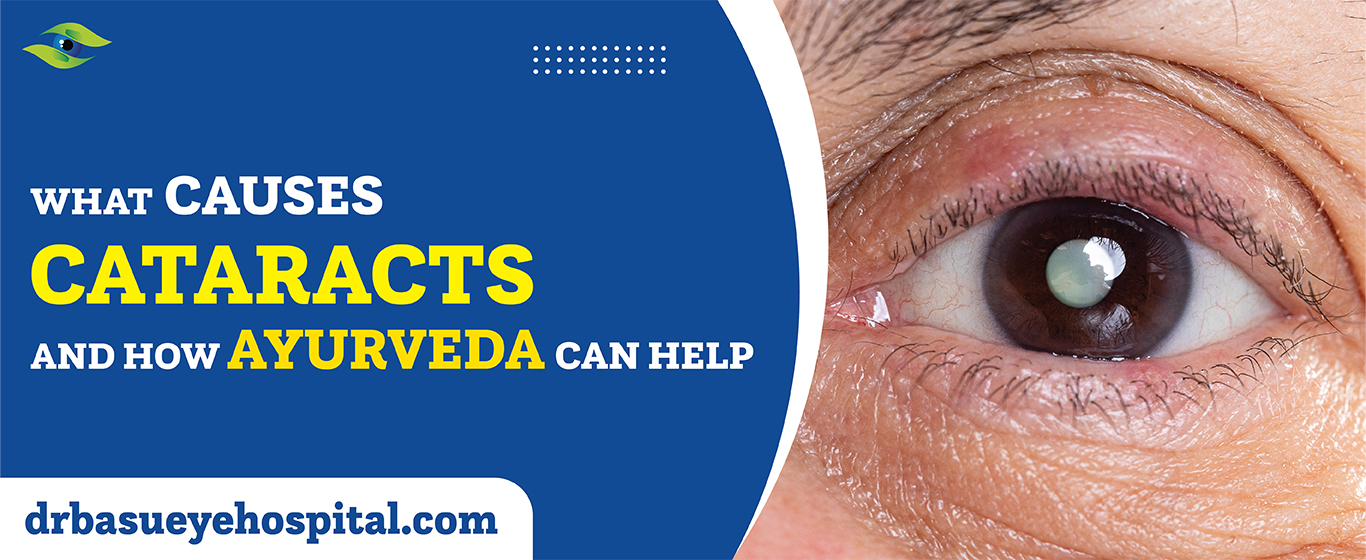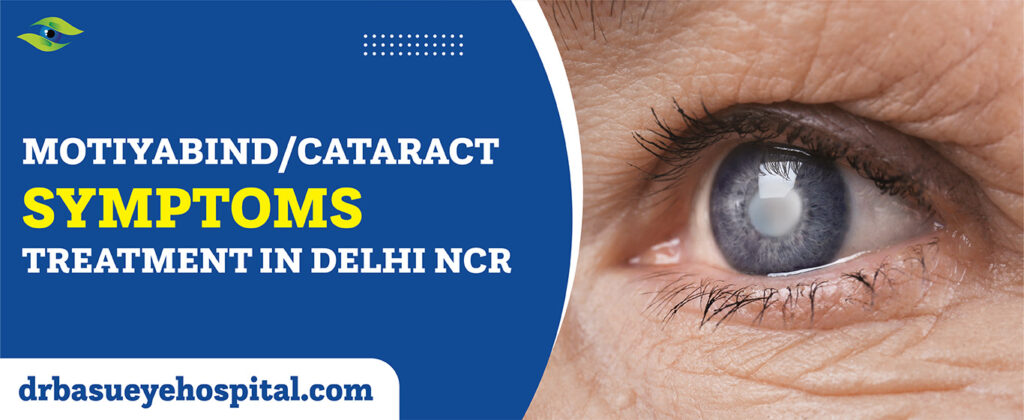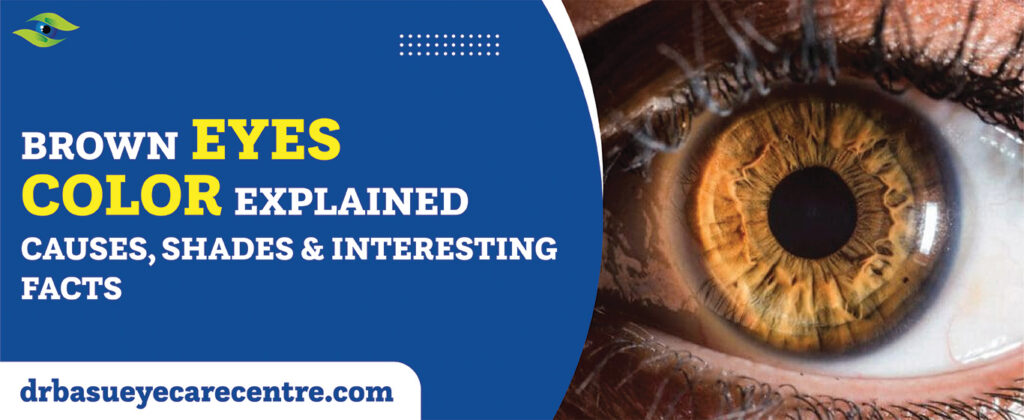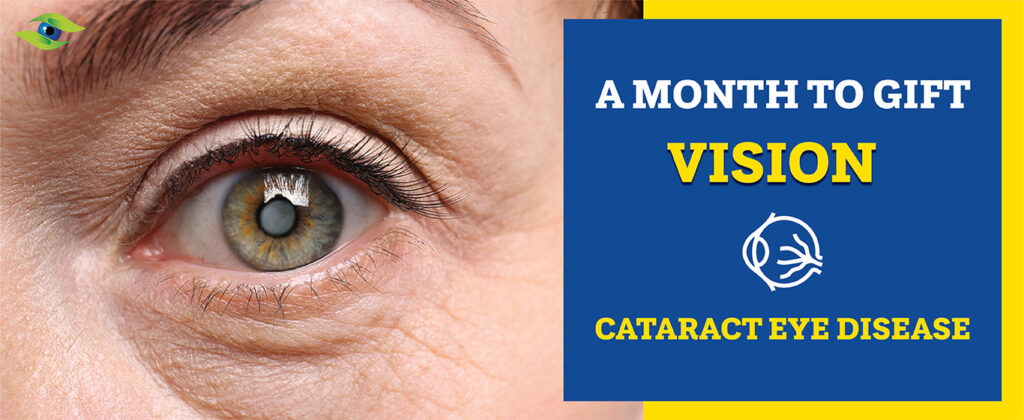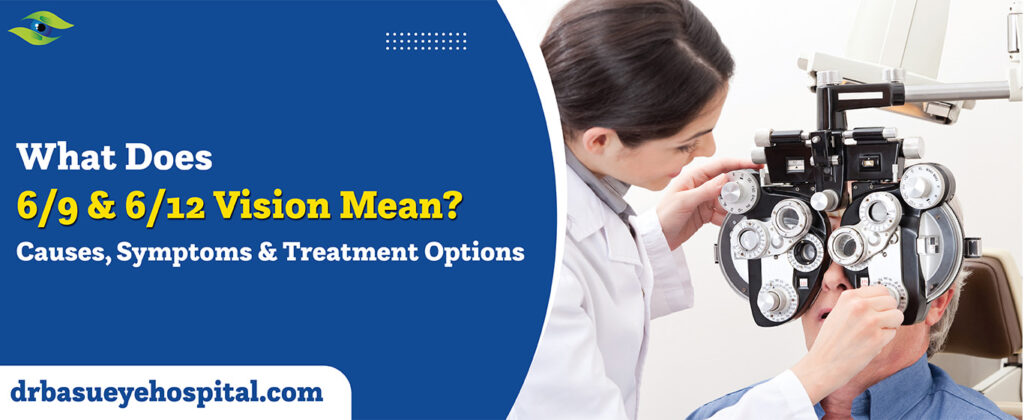Cataracts are one of the most common eye conditions which occurs worldwide, and is mostly prevalent in elderly people. In Cataract eye disease, the natural lens of the eyes gets clouded, causing blurry vision, increase in sensitivity to light, and in advanced cases may end up in complete blindness.
Surgery is the most widely recommended treatment today, but In India people have accepted Ayurveda gracefully post Covid and many of them are curious to know if Cataract cure without surgery, and whether Ayurveda or natural methods can help in prevention or management of Cataracts .
In this blog, we will talk about what causes eye cataract, the disadvantages of surgical treatment, congenital cataracts, and holistic ways of dealing with this condition.
Understanding Cataract Eye Disease
Cataract eye disease occurs when the normally clear eye lens but due to aging or other trigger factors like diabetes, UV exposure, or injury, the lens proteins start to break down. Instead of staying evenly spread, they clump together.
Our eye lenses are responsible for focusing light onto the retina, helping us see sharp and clear images. As cataracts develop, vision becomes blurred, dim, or distorted, making everyday tasks such as reading, driving, or recognizing faces more difficult. Cataracts can affect one or both eyes, and although they are most common with aging, we can see it appearing in the younger individuals due to various reasons.
What Causes Eye Cataract?
The question many people ask is: What causes eye cataract? The causes could be age-related, genetic, or linked to other health conditions. There are other factors which may include:
- Aging – With age the natural proteins in the eye’s lens start breaking down and gather, leading to cloudiness.
- Genetic Factors – Genetic factors could also increase cataracts development at an earlier age.
- Eye Injuries or Trauma – Trauma may cause physical injuries that can trigger cataract formation.
- Medical Conditions – in patients suffering from Diabetes, hypertension, and who use steroids based eye drops are also prone to develop early cataract conditions.
- Excessive Sun Exposure – UV radiation is also a reason to accelerate damage to the eye lens.
- Lifestyle Factors – Smoking, poor diet, and alcohol consumption also play a role.
In new born babies cataracts are being observed and are also known as Congenital cataracts.
Congenital Cataract
Congenital cataract can be defined as an eye disorder in infants. It may be caused due to genetic disorder, an infection during pregnancy, or a metabolic condition. Congenital cataracts mainly impact a child’s visual development when not recorded at an early stage.
Suppose the father and mother of the child notice symptoms such as a cloudy or whitish appearance in the child’s eye, unusual eye movements, or poor visual tracking. A thorough diagnosis is required to prevent permanent vision loss in such cases.
What Are the Disadvantages of Cataract Surgery?
With more clinical evidence, Cataract surgery is a preferred option, often recommended by modern medicine as the most suitable treatment. It involves removing the cloudy lens and replacing it with an artificial intraocular lens (IOL). But there are many who do not want to undergo surgery as it involves cutting. Ayurvedic procedure only has medication and therapies which are not entirely risk-free.
Let’s look at the disadvantages of cataract surgery:
- Risk of Infection – Though rare, any surgical procedure carries a chance of infection.
- Secondary Cataracts – Some patients may develop cloudiness again in the lens capsule, requiring further treatment.
- Cost Factor – Surgery can be expensive and not always affordable for everyone.
- Surgical Anxiety – Many patients, especially the elderly, feel hesitant or fearful about undergoing surgery.
- Not Always Suitable – For patients with other health complications, surgery may not be the safest option.
These disadvantages lead many people to explore whether there is a cataract cure without surgery.
Cataract Cure Without Surgery: Ayurvedic & Natural Approaches
The big question remains — is there a cataract cure without surgery? While surgery is the only proven method to remove advanced cataracts, traditional systems like Ayurveda focus on prevention, slowing down progression, and improving overall eye health.
Ayurvedic Perspective on Cataracts
In Ayurveda, cataract is associated with the imbalance of doshas (especially Kapha and Vata) that affect eye tissues. This imbalance leads to clouding of the lens over time. Ayurvedic management includes:
- Netra Tarpana – An eye therapy where medicated ghee is applied to nourish and strengthen eye tissues.
- Nasya Therapy – Administration of herbal oils through the nasal passage to support eye health.
- Herbal Formulations – Preparations like Triphala, Amalaki Rasayan, Saptamrit Lauh, and medicated ghritas are believed to rejuvenate eye tissues.
- Diet & Lifestyle – Antioxidant-rich foods (carrots, spinach, amla), yoga, and eye exercises help in delaying progression.
Natural Eye Care Tips for Cataract Prevention
- Protect your eyes from UV rays by wearing sunglasses.
- Consume foods rich in Vitamin A, C, and E to support healthy vision.
- Avoid smoking and limit alcohol consumption.
- Practice regular eye relaxation exercises.
While Ayurveda and natural methods cannot remove an already developed cataract, they may help delay the need for surgery, reduce symptoms, and improve eye strength.
Conclusion
Cataract eye disease is one of the leading causes of vision impairment worldwide. Understanding what causes eye cataract is the first step in prevention. While surgery is the standard treatment, it comes with its own risks and limitations, raising concerns about the disadvantages of cataract surgery.
For many, the search for a cataract cure without surgery leads to Ayurveda and holistic eye care practices that focus on prevention, slowing progression, and maintaining visual health. In the case of congenital cataract, early diagnosis and treatment are crucial to safeguard a child’s vision. By combining modern diagnostic tools with Ayurvedic wisdom, patients can explore safe, holistic options for long-term eye health while making informed treatment decisions.

